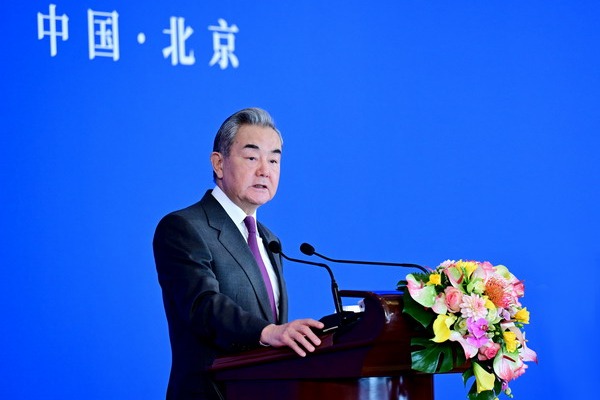Cambridge researchers awarded prestigious prize for DNA Sequencing technique

A pair of Cambridge University chemists have been awarded the Millennium Technology Prize for their development of revolutionary DNA sequencing techniques.
The prize, awarded by Technology Academy Finland, is one of the world’s most prestigious science and technology prizes.
Shankar Balasubramanian and David Klenerman co-invented Solexa-Illumina Next Generation DNA Sequencing, or NGS, technology, which means DNA can now be read in super-fast time.
The duo then co-founded the company Solexa to make the technology more broadly available to the world.
The technology has allowed a million-fold improvement in speed and cost and has had a major impact in the fields of genomics, medicine and biology.
In 2000, sequencing human genome took over 10 years and cost more than a billion dollars, but now it takes just a day and at a cost of $1,000 thanks to this technology.
Next generation sequencing also provides an effective way to study and identify new coronavirus strains and other pathogens.
The technology is being used to help fight COVID-19, in creating multiple vaccines now being administered worldwide and is critical to the creation of new vaccines against new viral strains.
The International Selection Committee, the body of experts that evaluates all nominations for the prize, said the results will also be used to prevent future pandemics.
By using NGS, scientist and researchers can identify the underlying factors in individuals that contribute to their immune response to COVID-19.
This information is essential to unraveling the reason behind why some people respond much worse to the virus than others.
The selection committee explained that the results of these studies will be invaluable for understanding how to minimize the chances of people developing exaggerated inflammatory responses, which is now understood as being responsible for some of the symptoms of COVID-19.
NGS has also been adopted in wider healthcare and diagnostics, such as cancer, rare diseases, infectious medicine, and sequencing-based non-invasive prenatal testing.
In a joint statement,Balasubramanian and Klenerman said: “We are delighted and honoured to be the tenth recipients of the Millennium Technology Prize.
“This is the first time we've received an international prize that recognises our contribution to developing the technology – but it's not just for us, it's for the whole team that played a key role in the development of the technology and for all those that have inspired us on our journey.”
Of the nine previous winners of the Millennium Technology Prize, three have subsequently gone on to win a Nobel Prize.

































